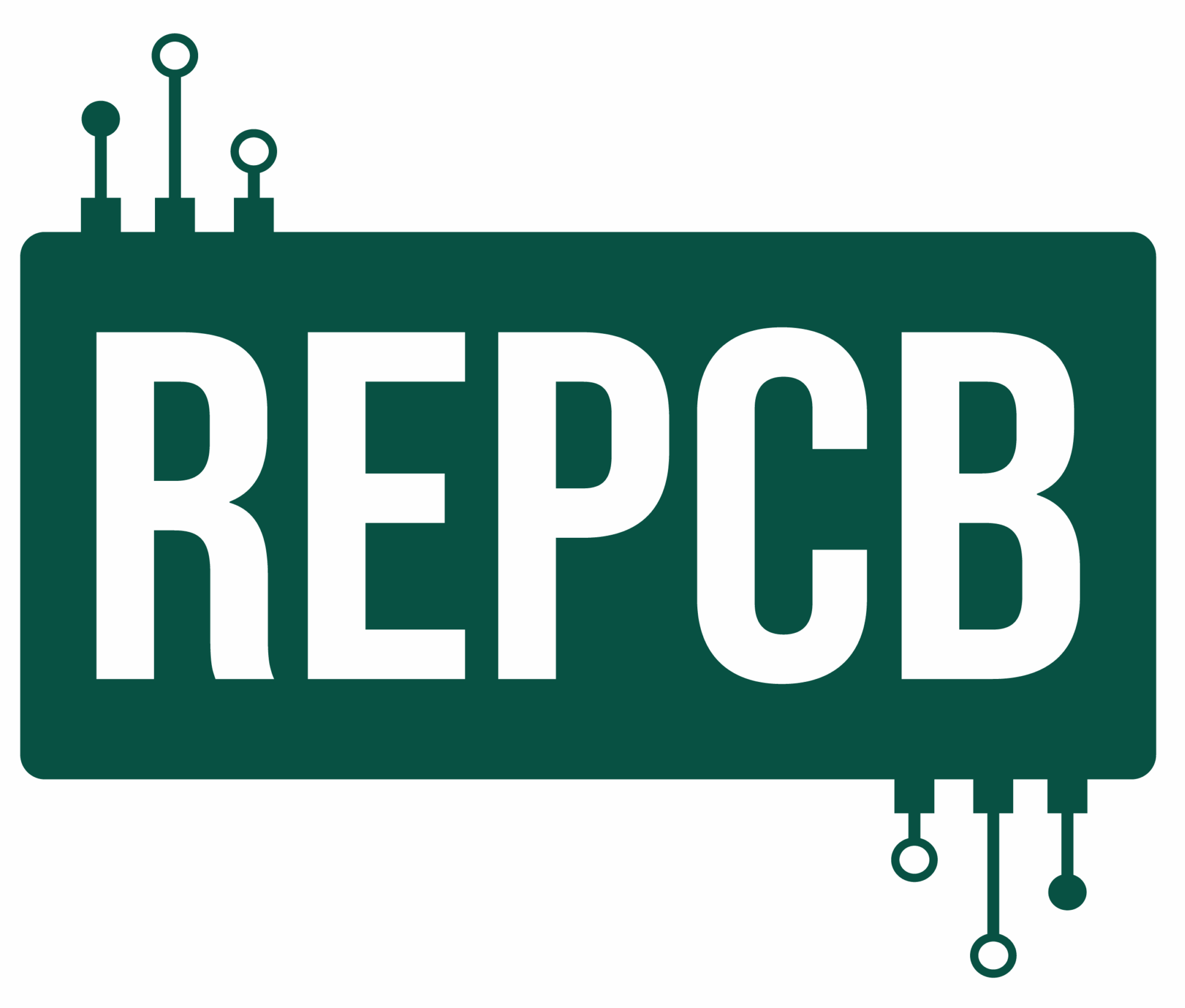What Is The Purpose Of A CPU?
repcb1
on
July 23, 2025
Key Takeaways...
- The CPU is the central processor that executes instructions and manages data flow in a computer.
- It includes components like the control unit and arithmetic logic unit for processing tasks.
- CPUs contain valuable metals and must be disposed of responsibly.
The CPU, or Central Processing Unit, is often called the “brain” of a computer. It plays a fundamental role in processing instructions and managing the flow of information within a computer system. Understanding the CPU’s purpose helps businesses and tech professionals make informed decisions about hardware usage, upgrades, and responsible disposal.
In this article, we’ll explore what the CPU does, why it’s critical to computing, and why proper disposal and recycling matter.
What Is the CPU?
The CPU is a microprocessor that performs most of the processing inside a computer. It executes instructions from software applications and the operating system, performing calculations and managing data flow. It is a complex integrated circuit made up of millions or billions of transistors.
Modern CPUs are highly sophisticated and capable of handling multiple tasks simultaneously through technologies like multi-core processing and hyper-threading.
Key Functions of the CPU
1. Instruction Execution
At its core, the CPU executes instructions. These instructions come from programs running on the computer and tell the CPU what operations to perform, such as arithmetic calculations, data movement, or logic decisions.
2. Control Unit Operation
The CPU includes a control unit that directs the flow of data between the CPU, memory, and peripheral devices. It interprets instructions and coordinates how different parts of the system communicate.
3. Arithmetic Logic Unit (ALU)
The ALU performs all arithmetic and logical operations, such as addition, subtraction, comparisons, and Boolean logic. It is the component where actual data processing happens.
4. Multi-tasking and Performance Management
Modern CPUs often have multiple cores, which means they contain multiple processing units within a single chip. This allows them to handle several tasks simultaneously, improving performance and responsiveness.
Why the CPU Matters
The CPU’s speed and efficiency determine a computer’s overall performance. Faster CPUs can process more instructions per second, enabling smoother multitasking, quicker application responses, and better handling of complex computations.
For businesses, selecting the right CPU is essential to meet performance requirements for servers, workstations, or everyday office computers.
CPU and Recycling
CPUs contain valuable materials such as gold and other precious metals that make them a significant component in electronic waste recycling. Proper disposal of CPUs helps recover these materials while preventing environmental contamination.
At RePCB, we provide secure and compliant CPU recycling and disposal services across the UK. Our process ensures complete data security and responsible material recovery.


